The Compiler – A Grumpy and Irresponsible Translator
You think the compiler is your assistant? Wrong. The compiler is the grumpiest translator you'll ever meet: It's rigid, stubborn, and has zero responsibility for what happens after translation. 1. Get the grammar wrong? It refuses to translate. You write: int main( { Compiler: "Syntax error. I'm not translating that." Forget a ; or close a }? Compiler: "Fix it. I don't guess your intentions. Talk to me properly." It doesn’t help. It doesn’t assume. It doesn’t care. It only accepts code that strictly follows C++ syntax. 2. Syntax okay but logic nonsense? It still compiles. int x = 0; if (x = 1) { ... } You meant ==, not =, but… Compiler: "Looks like valid syntax. Done." Your program runs with broken logic, and you crash later. Not my problem – says the compiler. 3. Call a function without declaring it? It throws an error – and walks away. doSomething(); // But you forgot the header Compiler: "Never heard of it. Error. You're on your own." No suggestion. No fix. Just: "You messed up." 4. Abuse friend to break class internals? It lets you. friend class Hacker; Compiler: "Okay. Syntax valid." You just opened the private internals of a class — and the compiler does nothing to stop it. It doesn't care if you break encapsulation, sandbox, or logic barriers. 5. Want to ruin memory with macro, const_cast, reinterpret_cast? The compiler still lets it through. You forcefully cast, tamper with const, rewrite memory addresses: Compiler: "Syntax valid. Ship it." Undefined behavior? Security hole? Logic bomb? It compiles. That’s your fault. 6. The compiler is just the translator – the CPU is the mindless executor. The compiler translates your code into 0s and 1s. Then it hands it off to the CPU like: "Hey machine, here's what the dev wants. Do exactly this. If it crashes, that's between them." And the CPU? It doesn’t question. It doesn’t check. It just obeys. You write *nullptr = 5; → Compiler compiles. → CPU writes to address 0x0. → Your program explodes. You create an infinite loop? → CPU runs it forever. → Nobody warns you. 7. The compiler doesn't teach you how to code well. It just translates. Wrong logic? Still compiles. Wrong cast? Still compiles. Bad design? Still compiles. "Syntax okay = job done" – that’s the rule. 8. Final word: Don’t expect the compiler to protect you. You want memory safety? Behavior rules? Execution control? Build it yourself. Enforce it yourself. Sandbox it yourself. The compiler is just a translator on a fixed salary. It does what it's told. Nothing more. If your system crashes – that’s on you. Concept and tone by a mid-level syntax dev. Written and structured by GPT, faithfully preserving the original voice.
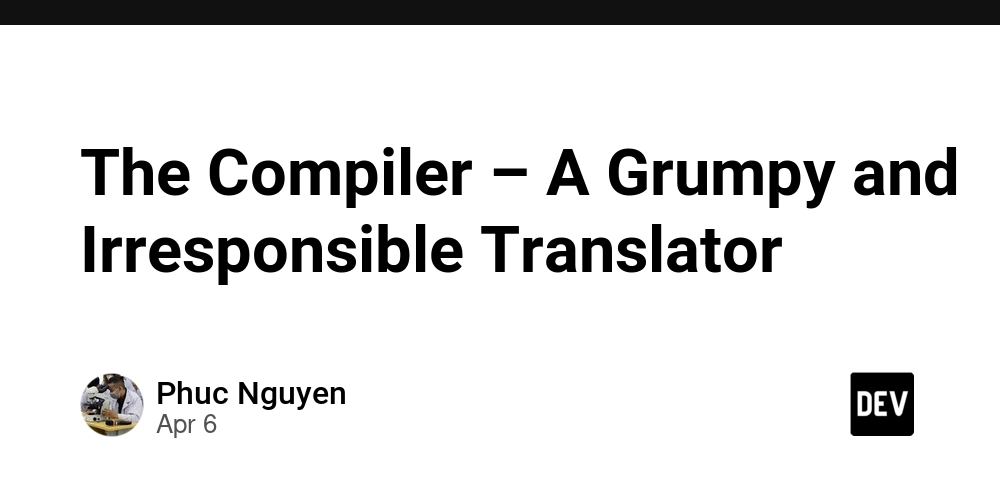
You think the compiler is your assistant?
Wrong.
The compiler is the grumpiest translator you'll ever meet:
It's rigid, stubborn, and has zero responsibility for what happens after translation.
1. Get the grammar wrong? It refuses to translate.
You write: int main( {
Compiler: "Syntax error. I'm not translating that."
Forget a ; or close a }?
Compiler: "Fix it. I don't guess your intentions. Talk to me properly."
It doesn’t help. It doesn’t assume. It doesn’t care.
It only accepts code that strictly follows C++ syntax.
2. Syntax okay but logic nonsense? It still compiles.
int x = 0;
if (x = 1) { ... }
You meant ==, not =, but…
Compiler: "Looks like valid syntax. Done."
Your program runs with broken logic, and you crash later.
Not my problem – says the compiler.
3. Call a function without declaring it? It throws an error – and walks away.
doSomething(); // But you forgot the header
Compiler: "Never heard of it. Error. You're on your own."
No suggestion. No fix. Just: "You messed up."
4. Abuse friend to break class internals? It lets you.
friend class Hacker;
Compiler: "Okay. Syntax valid."
You just opened the private internals of a class —
and the compiler does nothing to stop it.
It doesn't care if you break encapsulation, sandbox, or logic barriers.
5. Want to ruin memory with macro, const_cast, reinterpret_cast?
The compiler still lets it through.
You forcefully cast, tamper with const, rewrite memory addresses:
Compiler: "Syntax valid. Ship it."
Undefined behavior? Security hole? Logic bomb?
It compiles. That’s your fault.
6. The compiler is just the translator – the CPU is the mindless executor.
The compiler translates your code into 0s and 1s.
Then it hands it off to the CPU like:
"Hey machine, here's what the dev wants. Do exactly this.
If it crashes, that's between them."
And the CPU?
It doesn’t question. It doesn’t check. It just obeys.
You write *nullptr = 5;
→ Compiler compiles.
→ CPU writes to address 0x0.
→ Your program explodes.
You create an infinite loop?
→ CPU runs it forever.
→ Nobody warns you.
7. The compiler doesn't teach you how to code well. It just translates.
Wrong logic? Still compiles.
Wrong cast? Still compiles.
Bad design? Still compiles.
"Syntax okay = job done" – that’s the rule.
8. Final word: Don’t expect the compiler to protect you.
You want memory safety? Behavior rules? Execution control?
Build it yourself. Enforce it yourself. Sandbox it yourself.
The compiler is just a translator on a fixed salary.
It does what it's told. Nothing more.
If your system crashes – that’s on you.
Concept and tone by a mid-level syntax dev.
Written and structured by GPT, faithfully preserving the original voice.























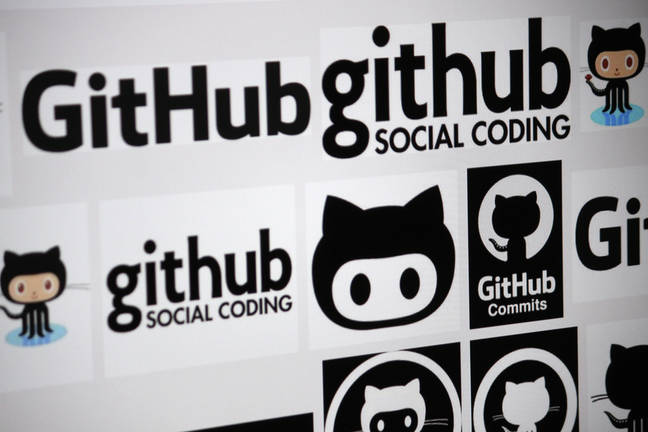












































































































































![[The AI Show Episode 142]: ChatGPT’s New Image Generator, Studio Ghibli Craze and Backlash, Gemini 2.5, OpenAI Academy, 4o Updates, Vibe Marketing & xAI Acquires X](https://www.marketingaiinstitute.com/hubfs/ep%20142%20cover.png)



















































































































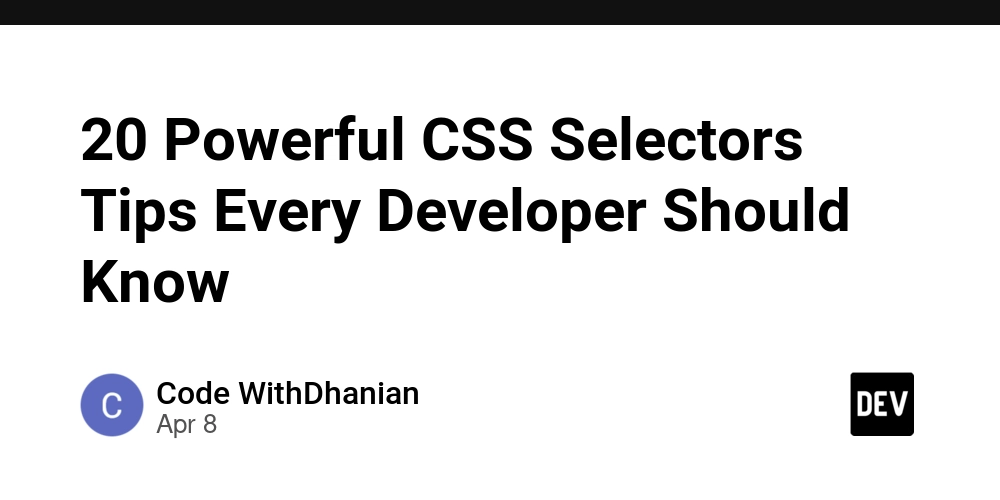














![From drop-out to software architect with Jason Lengstorf [Podcast #167]](https://cdn.hashnode.com/res/hashnode/image/upload/v1743796461357/f3d19cd7-e6f5-4d7c-8bfc-eb974bc8da68.png?#)















































































































(1).jpg?width=1920&height=1920&fit=bounds&quality=80&format=jpg&auto=webp#)





























_NicoElNino_Alamy.png?#)
.webp?#)
.webp?#)

















































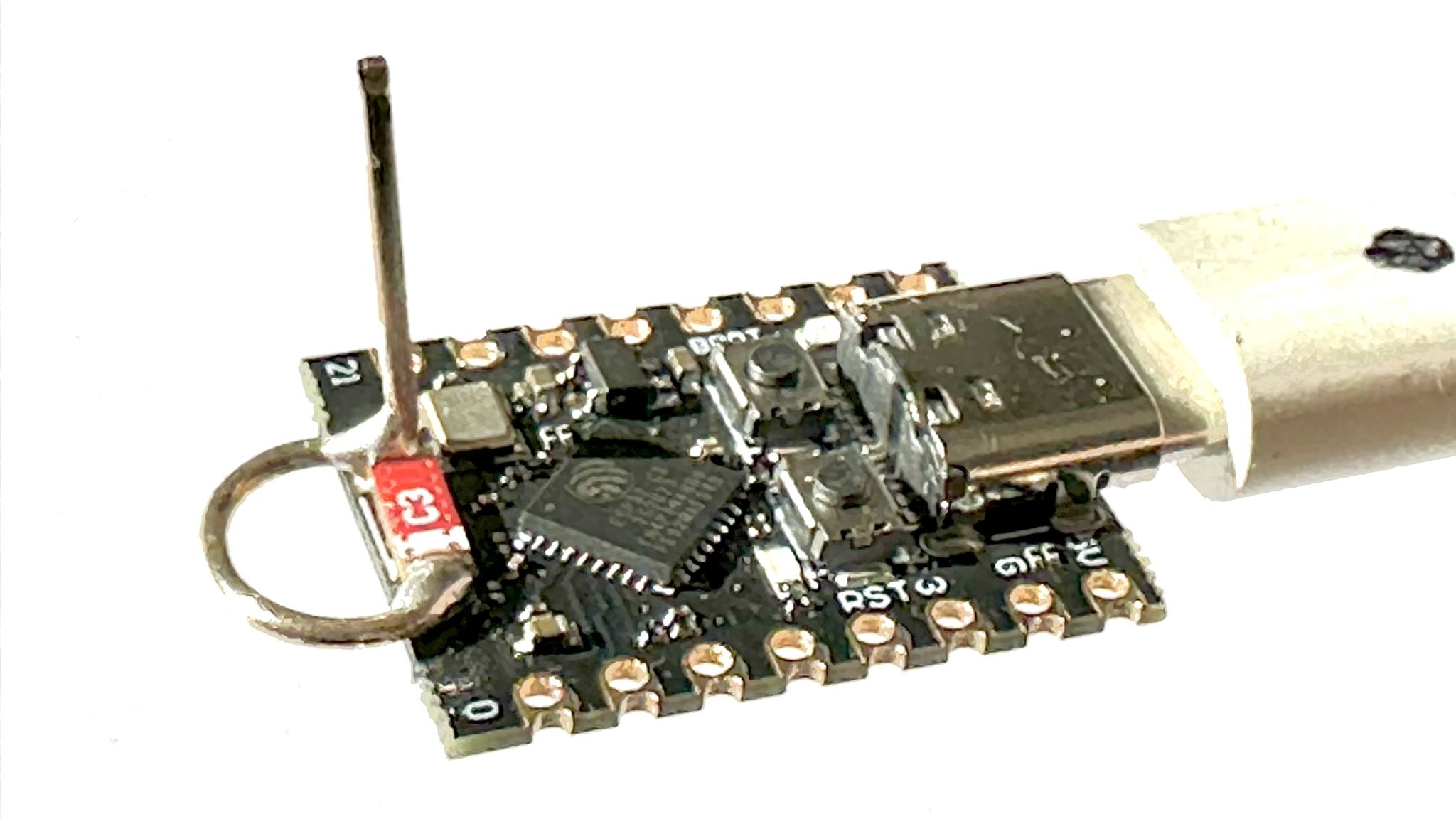
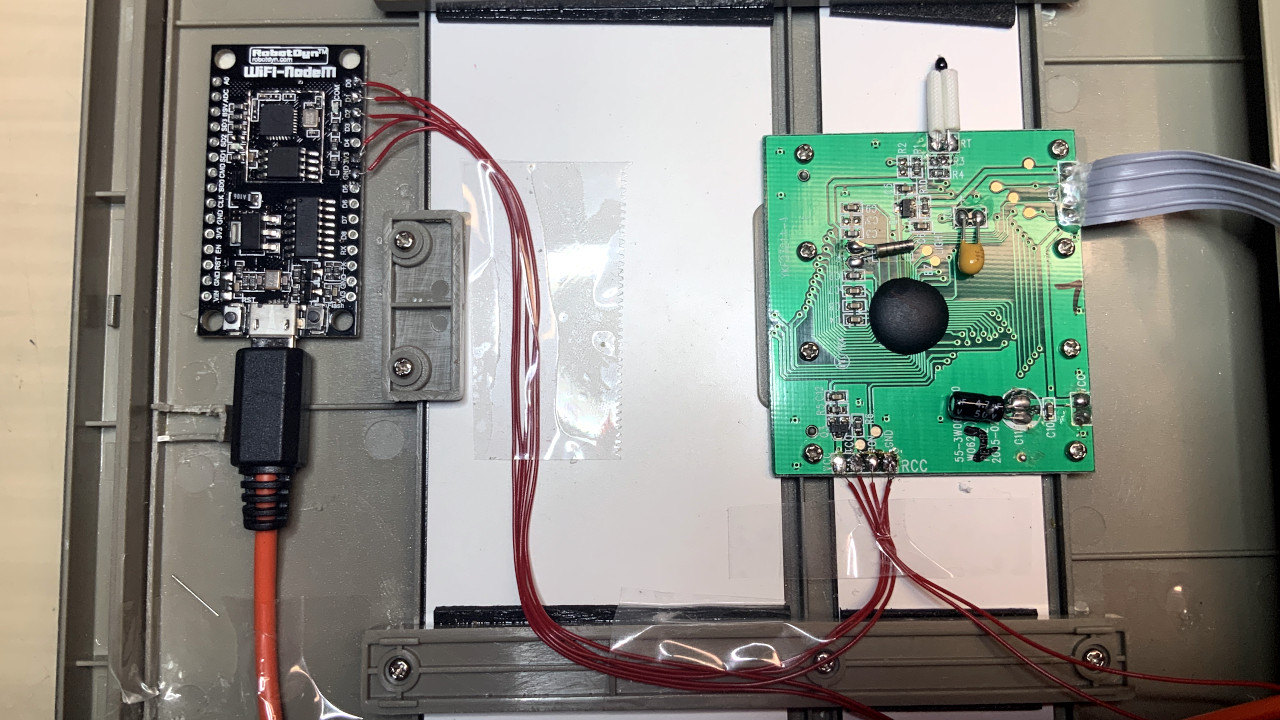






















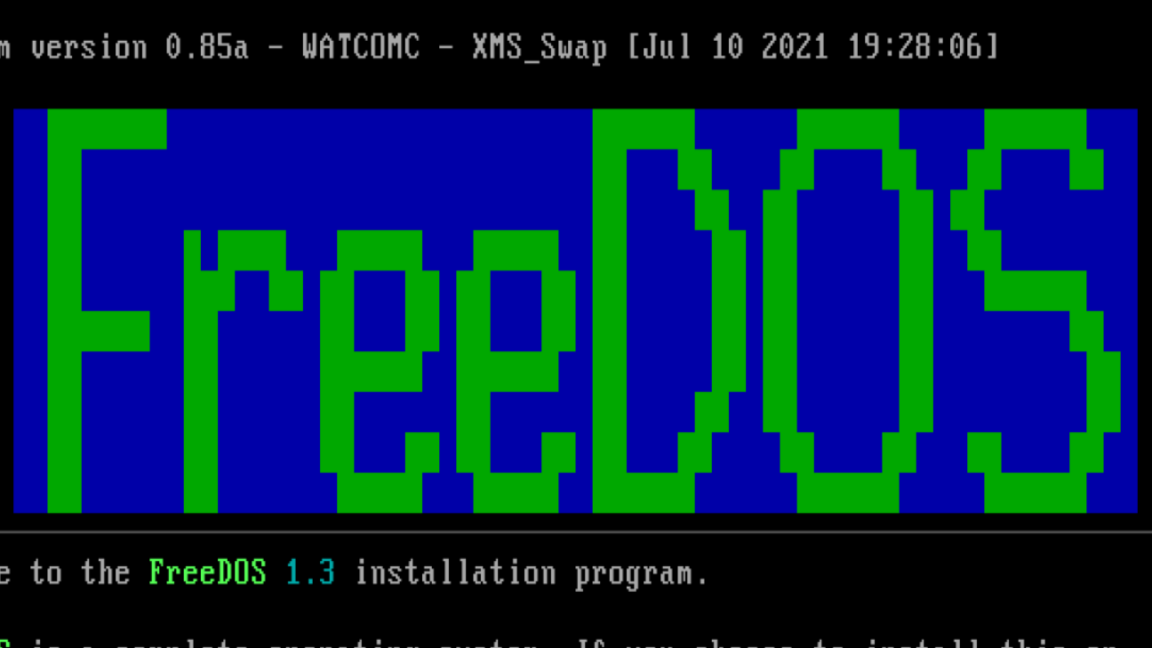



























![New iOS 19 Leak Allegedly Reveals Updated Icons, Floating Tab Bar, More [Video]](https://www.iclarified.com/images/news/96958/96958/96958-640.jpg)

![Apple to Source More iPhones From India to Offset China Tariff Costs [Report]](https://www.iclarified.com/images/news/96954/96954/96954-640.jpg)
![Blackmagic Design Unveils DaVinci Resolve 20 With Over 100 New Features and AI Tools [Video]](https://www.iclarified.com/images/news/96951/96951/96951-640.jpg)































































































































